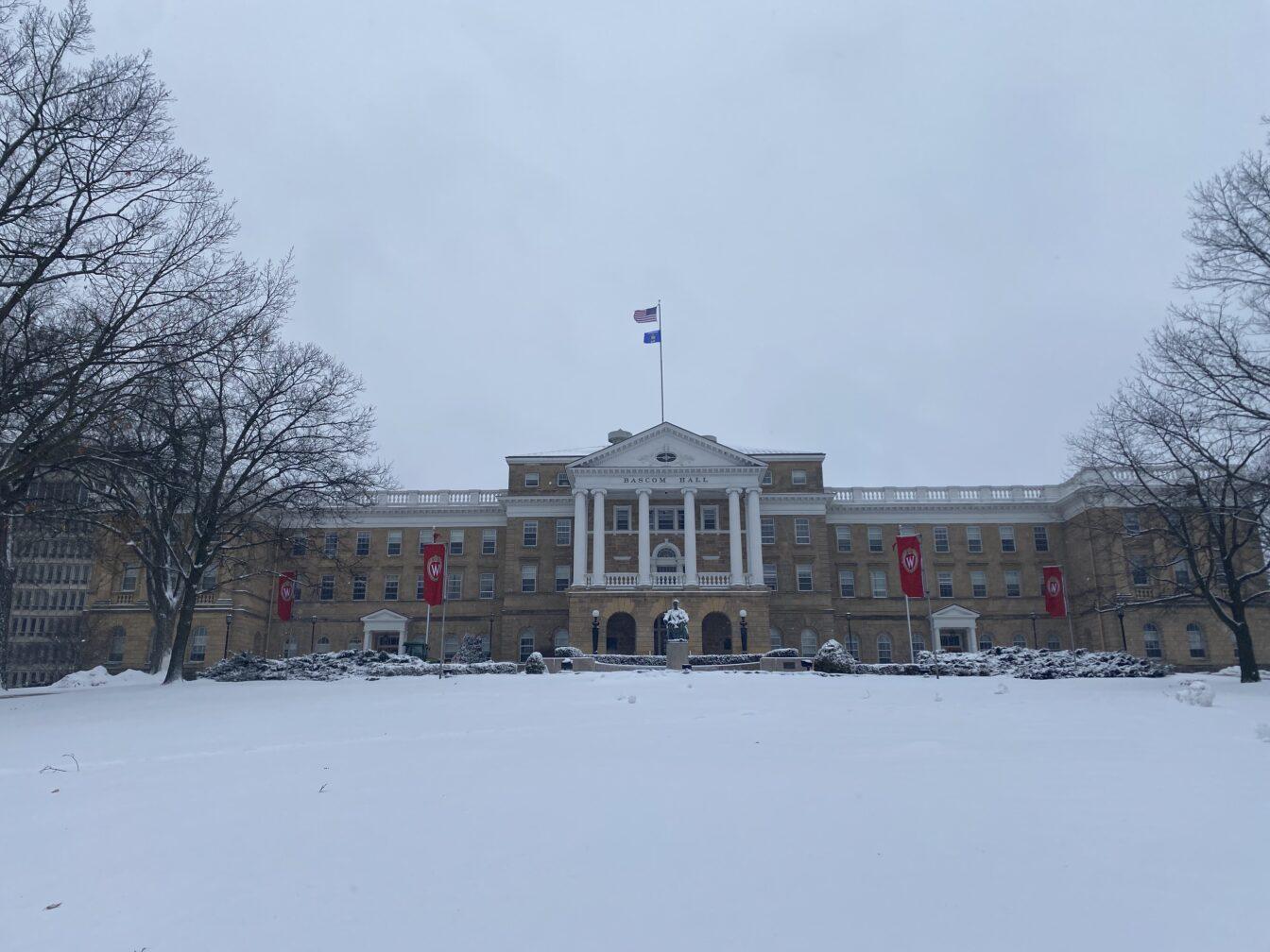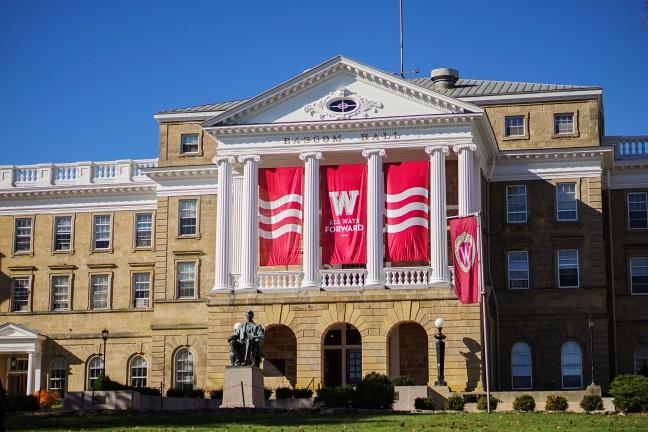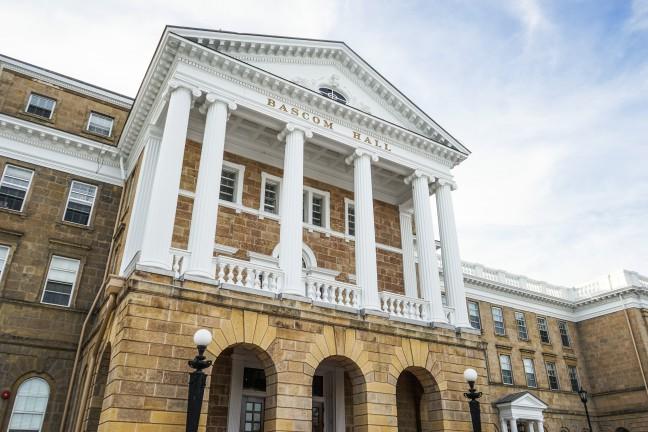Last week the University of Wisconsin System Board of Regents approved a series of system-wide reforms for non-academic student misconduct proceedings. The changes were aimed specifically at off-campus misconduct in which a student is charged with an offense by non-campus authorities. In such proceedings the university may administer sanctions that may range up to — in rare circumstances — expulsion.
Supposedly, the reforms were made to respond primarily to serious crimes such as sexual assault or battery, but the new code states the university may act whenever a student “demonstrates a pattern of behavior that seriously impairs the university’s ability to fulfill its teaching, research or public-service missions.” This decidedly vague wording gives campus officials a considerable amount of discretionary power previously restricted by distinctions between university jurisdiction and state and municipal jurisdiction. According to supporters of the plan, the measures were taken to more effectively combat off-campus malfeasance by holding students accountable for actions traditionally left to the realm of police officers and judges.
While the regents are likely well-intentioned and feel an inherent duty to participate in the disciplinary process involving UW students, the proposals as they now stand are unacceptable.
The board, perhaps out of frustration with the long and often cumbersome processes of the legal system, lowered the standard of proof necessary to discipline a student for sexual assault offenses. The current standard — clear and convincing evidence — will be replaced by the lowest burden of proof acknowledged in American legal tradition: the preponderance of evidence. While that standard is accepted in civil courts, in which the defendant is usually facing a financial penalty at most, the nature of the interest at stake here — the student’s right to attend the university — calls for a higher quality of evidence against the accused. It’s disappointing the university wouldn’t abide by a higher standard for cases in which a student’s academic future is in serious jeopardy.
What is even more puzzling is the board’s insistence that students be denied right to counsel during disciplinary hearings. The reason is unclear, but the result is undeniably a disturbing disregard for traditional due process. A student accused of a serious offense should have the right to mount the most competent defense at his or her disposal, and the board’s denial of this right shows that paranoia and insecurity have replaced professionalism and impartiality as the guiding principles of the System’s policies.
Even the rhetoric used to justify the plan worries us. UW System spokesperson David Giroux sounded depressingly political when what he said seemed to warn students that their safety was contingent on the implementation of the new policies. “What if a serious pattern of violent behavior happens to occur off-campus?” Giroux wondered aloud to a The Badger Herald reporter. “Do you want the university to have its hands tied?” It’s disheartening that a system of higher education would use such crudely unsophisticated reasoning to justify a policy that presents such clear concerns for students’ due process rights.
If the university seeks to penalize students for off-campus offenses, it should first outline a stricter set of guidelines as to what offenses fall under its jurisdiction. If such frighteningly serious crimes are occurring off-campus, we have confidence in the appropriate law enforcement authorities and justice system to address cases in which a university interest is not implicated.
Luckily, there is a movement on campus against the new misconduct policies, led by political science professor Donald Downs, head of the UW Committee for Academic Freedom and Rights.
Hopefully, the state Legislature will heed the advice of dissenters like

















